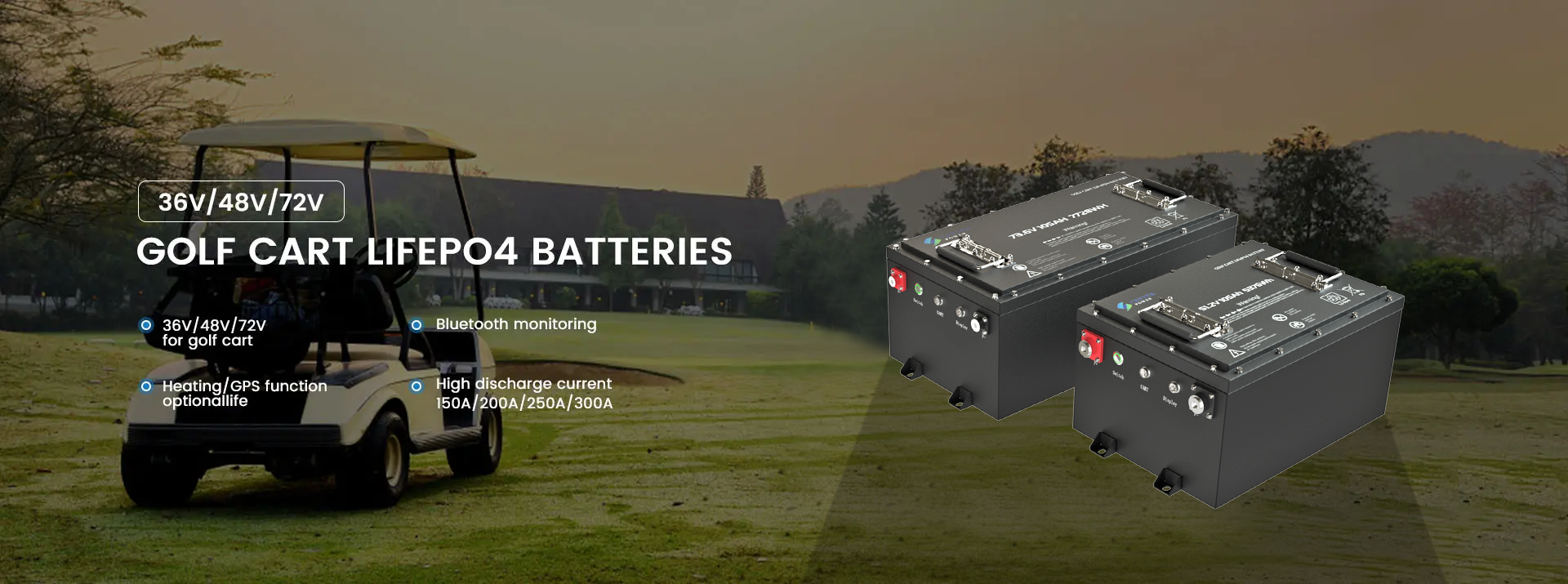
Forklifts commonly use lead-acid batteries due to their ability to provide high power output and handle frequent charging and discharging cycles. These batteries are specifically designed for deep cycling, making them suitable for the demands of forklift operations.
Lead-acid batteries used in forklifts come in various voltages (such as 12, 24, 36, or 48 volts) and are composed of individual cells connected in series to achieve the desired voltage. These batteries are durable, cost-effective, and can be maintained and reconditioned to some extent to extend their lifespan.
However, there are other types of batteries used in forklifts as well:
Lithium-Ion (Li-ion) Batteries: These batteries offer longer cycle life, faster charging times, and reduced maintenance compared to traditional lead-acid batteries. They are becoming more popular in some forklift models due to their high energy density and longer lifespan, despite being more expensive initially.
Fuel Cell Batteries: Some forklifts use hydrogen fuel cells as a power source. These cells convert hydrogen and oxygen into electricity, producing clean energy without emissions. Fuel cell-powered forklifts offer longer run times and quick refueling compared to traditional batteries.
The choice of battery type for a forklift often depends on factors such as the application, cost, operational needs, and environmental considerations. Each type of battery has its advantages and limitations, and the selection is usually based on the specific requirements of the forklift's operation.
Post time: Dec-19-2023






